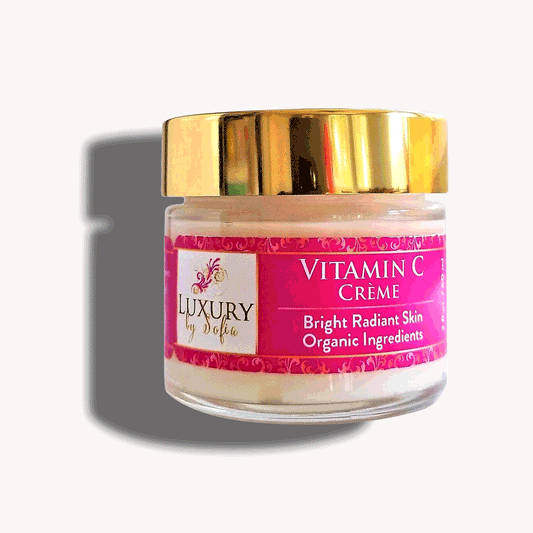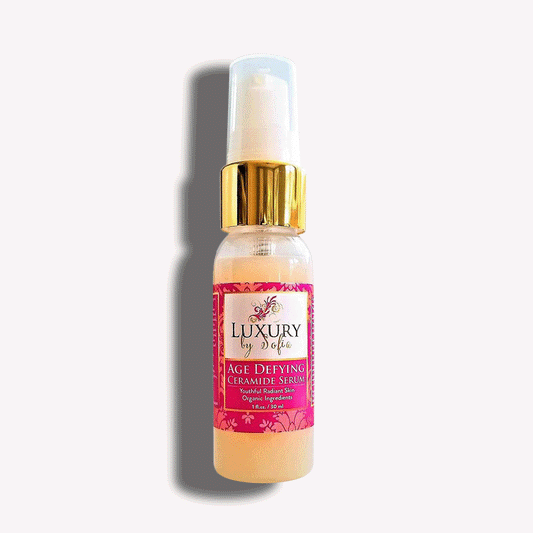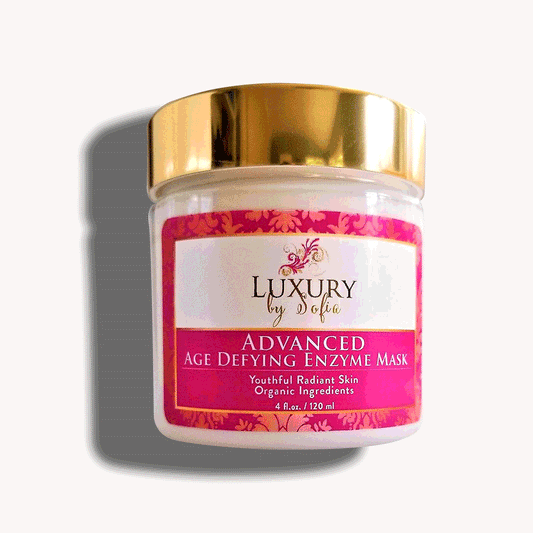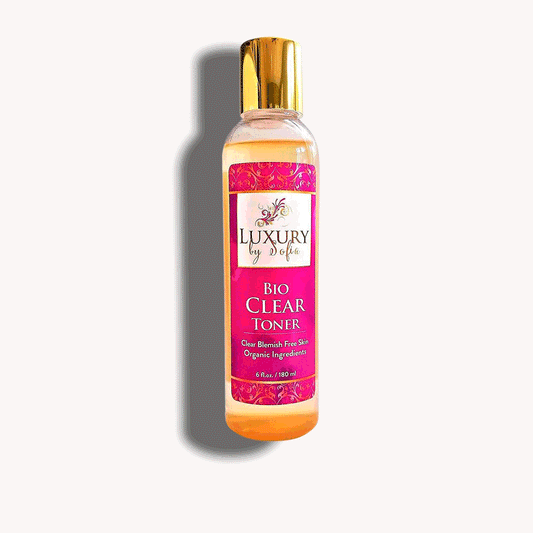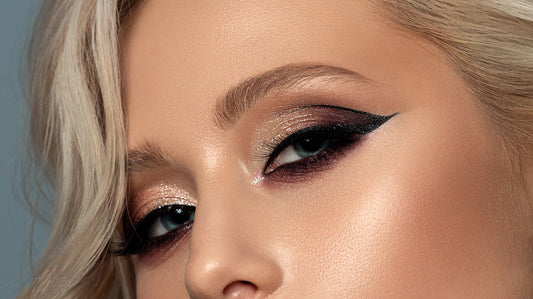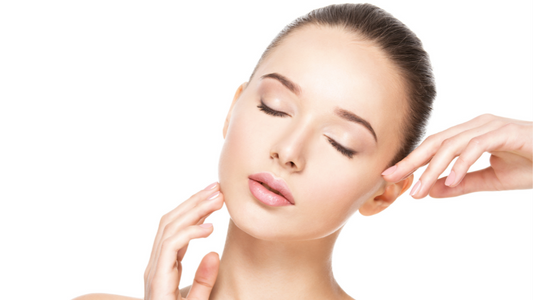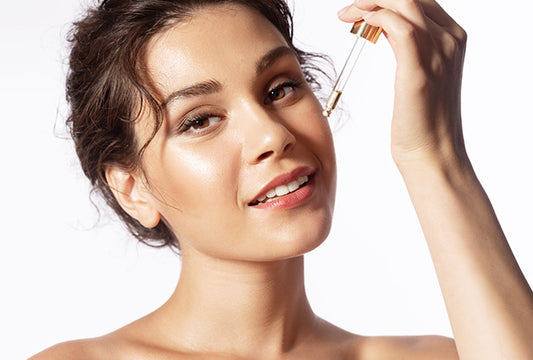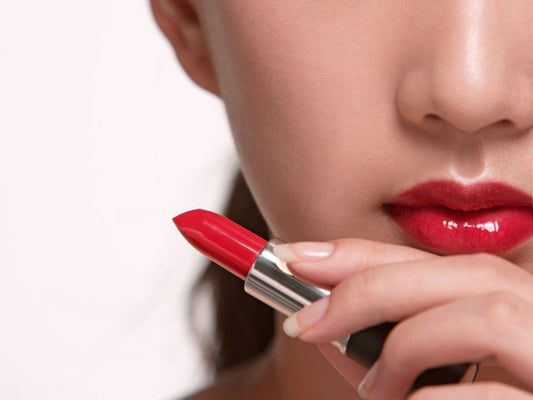There are a million different types of foundation, but they all do the same thing; cover up your blemishes, even out your skin tone, and make you look more put together. However, each one comes in its own packaging with its own benefits and drawbacks. In this post, we'll go over the different types of foundation available so that you're better equipped to choose what's best for you.

Liquid Foundation
Liquid foundation is a liquid consistency, which means it can be easily applied and blended with a brush or sponge. It's good for oily skin because it doesn't clog pores and doesn't make your face look greasy. The downside is that if you have dry patches on your skin, this type of foundation won't cover them up very well (if at all).
Liquid foundations usually come in tubes or bottles with applicators attached so that you can squeeze out just enough product without wasting any more than necessary.
Liquid foundations are best suited for younger people who have less wrinkles than older women would need coverage for - it's also easier to apply evenly than powder because there's no padding step involved!
Try Now: Organic & Vegan Bio Glow Foundation
Powder Foundation
The powder foundation is a great choice for oily skin. It's also good for dry skin, but not as good as liquid or cream foundations. Powder foundations are best for people who want a natural look and don't mind that they need to use a brush or sponge to apply the product (although some powders can be applied with fingers). Powders are better than liquids at absorbing oil from your face, so they're great if you have sensitive skin and want something that won't irritate it further by clogging pores or causing other problems like breakouts.
As far as price goes, powder foundations tend to be less expensive than their liquid counterparts -especially given how much product you get compared with other types of makeup (for example: one ounce!).
Cream Foundation
Cream foundation is a great option for people with oily skin. The creamy consistency will help to hydrate the skin and keep it looking fresh throughout the day, while also providing some coverage to even out your complexion.
Cream foundations can also be used to cover blemishes, as well as conceal under eye circles (or any other imperfections).
Tinted Moisturizer
Tinted moisturizer is a lightweight foundation that provides light coverage, making it perfect for people who don't need a lot of coverage or have dry skin. If you're looking to avoid putting on a full face of makeup in the morning, but still want to look natural, tinted moisturizer could be the product for you!
Try Now: Organic Tinted Moisturizer
Stick Foundation
Stick foundation is a solid stick of foundation that you apply with your fingers. It's easy to use and can be applied anywhere on the face, but it can get messy if you're not careful. Stick foundations are good for people with dry skin because they don't absorb as much moisture from the skin like liquid or cream foundations would do.
There Are Lots Of Different Kinds Of Foundation Out There, And Each One Has Its Benefits And Drawbacks
- Liquid foundations are good for dry skin. They're the most lightweight option, which makes them ideal if you have a lot of fine lines or wrinkles on your face (liquid formulas tend not to emphasize those). They also tend to be more matte than other types, so they're great for anyone who wants a subtle look that's not too shiny or dewy.
- Powder foundations are good for oily skin types because they absorb excess oil from the skin without drying it out too much; however, some people find that powder can look cakey if applied incorrectly--so make sure that you blend well!
- Creams are best for normal-to-dry complexions because they provide moisture without making things feel greasy; however, since cream products don't set like powders do (which means they'll move around throughout the day), this may not be ideal if you're looking for something more long-lasting than traditional tinted moisturizers offer without feeling heavy on your face throughout the day either!
Conclusion
We hope this article has helped you understand the different types of foundation, which one might be best for your skin type. If you have any questions about which type would work best for you, don't hesitate to reach out! We love hearing from our readers and will do our best to answer your questions.

